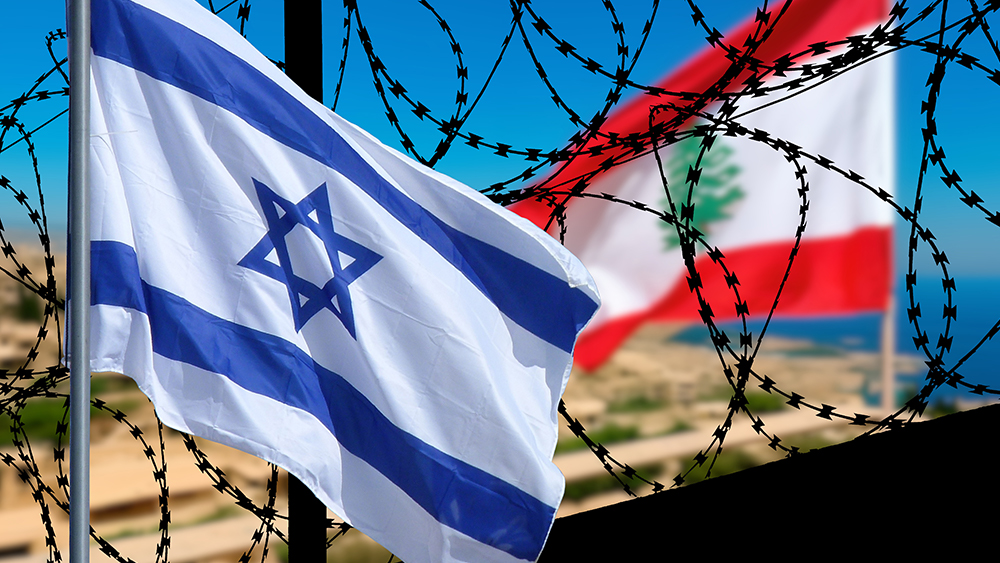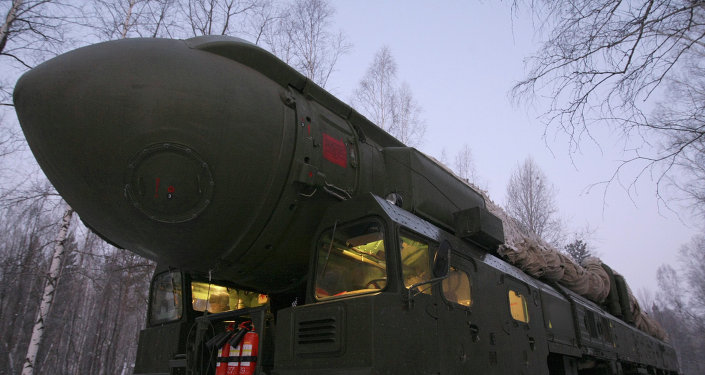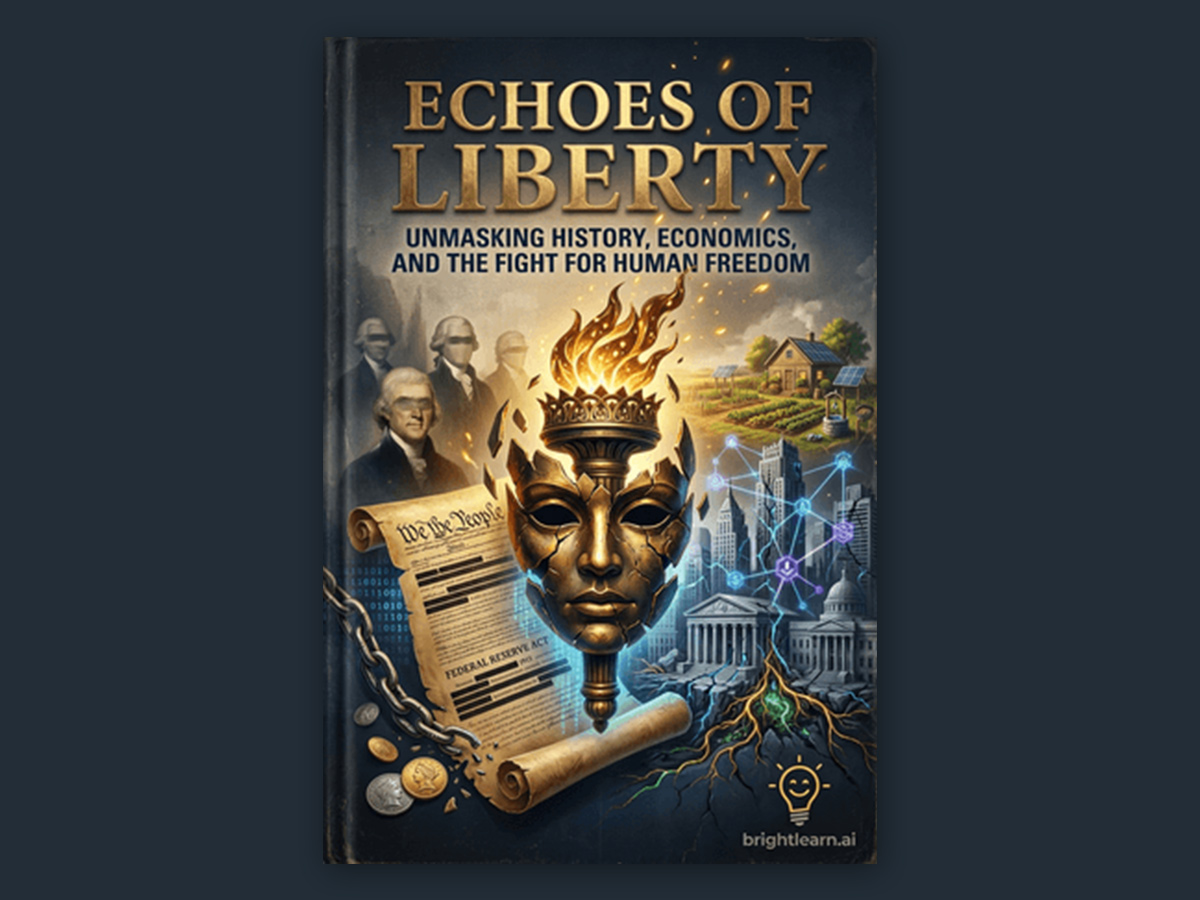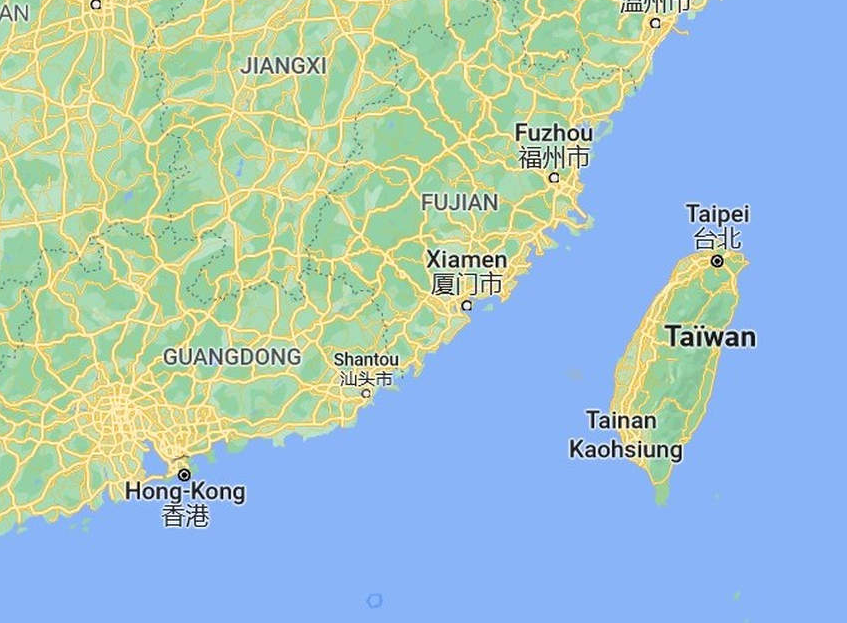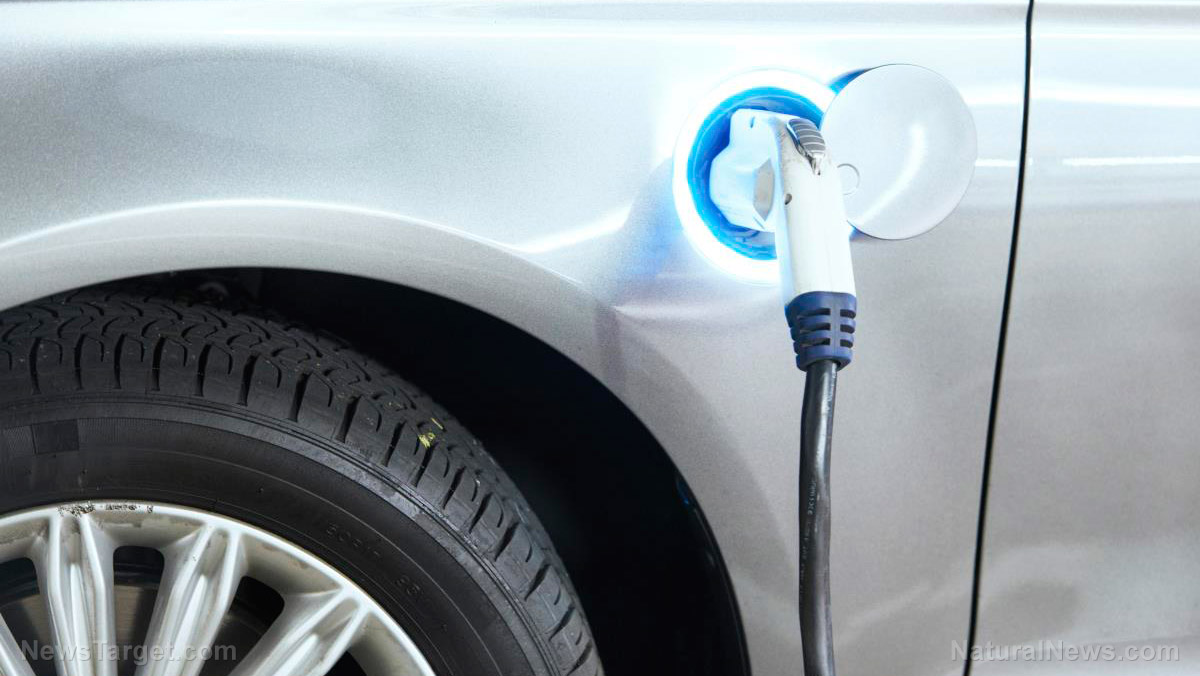© Brighteon.com All Rights Reserved. All content posted on this site is commentary or opinion and is protected under Free Speech. Brighteon is not responsible for comments and content uploaded by our users.
The video with Putin and reporters was uploaded first, still waiting to show, check back.. Cynthia
Putin and Orban concluded talks in the Kremlin.
The conversation between the two leaders lasted more than 2.5 hours.
The leaders of the two countries gave statements to the press.
Orban: I am thankful to Mr. Putin for a frank and productive dialogue.
➡️The positions of Russia and Ukraine are very far apart; much needs to be done to bring the conflict to an end.
➡️He discussed with Putin the achievement of peace in Ukraine and the shortest path to it.
➡️The conflict in Ukraine has begun to impact Europe's economy and its competitiveness.
➡️He heard Putin's thoughts on existing peace initiatives, ceasefire, negotiations, and the vision of Europe after the war.
➡️He promised to continue his efforts to resolve the Ukrainian conflict.
Adding:
Hector Salamanca (Breaking Bad, series character) AKA (Josep Borrell, EU Commission) throws a temper tantrum due to Orban's visit to Moscow.
Orban replied:
This is precisely the Brusselian bureaucratic nonsense that yielded no results in finding a way to peace in the Russia-Ukraine war. If we want to end the war we need a political approach instead of a bureaucratic one.
Adding: ❗️Hungarian PM Viktor Orban on the future of NATO:
"Looking back 25 years, I can confidently say that what finally convinced Hungarians to join—alongside a general desire for integration as part of the West—was NATO's promise of peace.
Today NATO is by far the most powerful military alliance in the world, both in terms of defense spending and military capabilities. Hungary, as we have seen, is punching above its weight in developing its defence capabilities, participating in missions, and developing its military forces. But when it comes to the future of NATO, we are not in full agreement with the majority of member countries. Today ever more voices within NATO are making the case for the necessity—or even inevitability—of military confrontation with the world's other geopolitical power centers. This perception of inevitable confrontation functions like a self-fulfilling prophecy. The more that NATO's leaders believe conflict to be inevitable, the greater will be their role in precipitating it.
Today the self-fulfilling nature of this confrontation prophecy is becoming increasingly apparent, with the news that preparations have begun for a possible NATO operation in Ukraine—and even high-level reports that troops from NATO member countries are already near the Ukrainian front. Happily, though, Hungary has come to an important agreement with NATO acknowledging our essential role in the alliance while exempting us from its direct support efforts in Ukraine, whether military or financial. As a peace-loving nation, we understand NATO as a defensive alliance—which this agreement helps to ensure. Those who argue in favor of confrontation typically base their arguments on the military superiority of NATO and the Western world."
